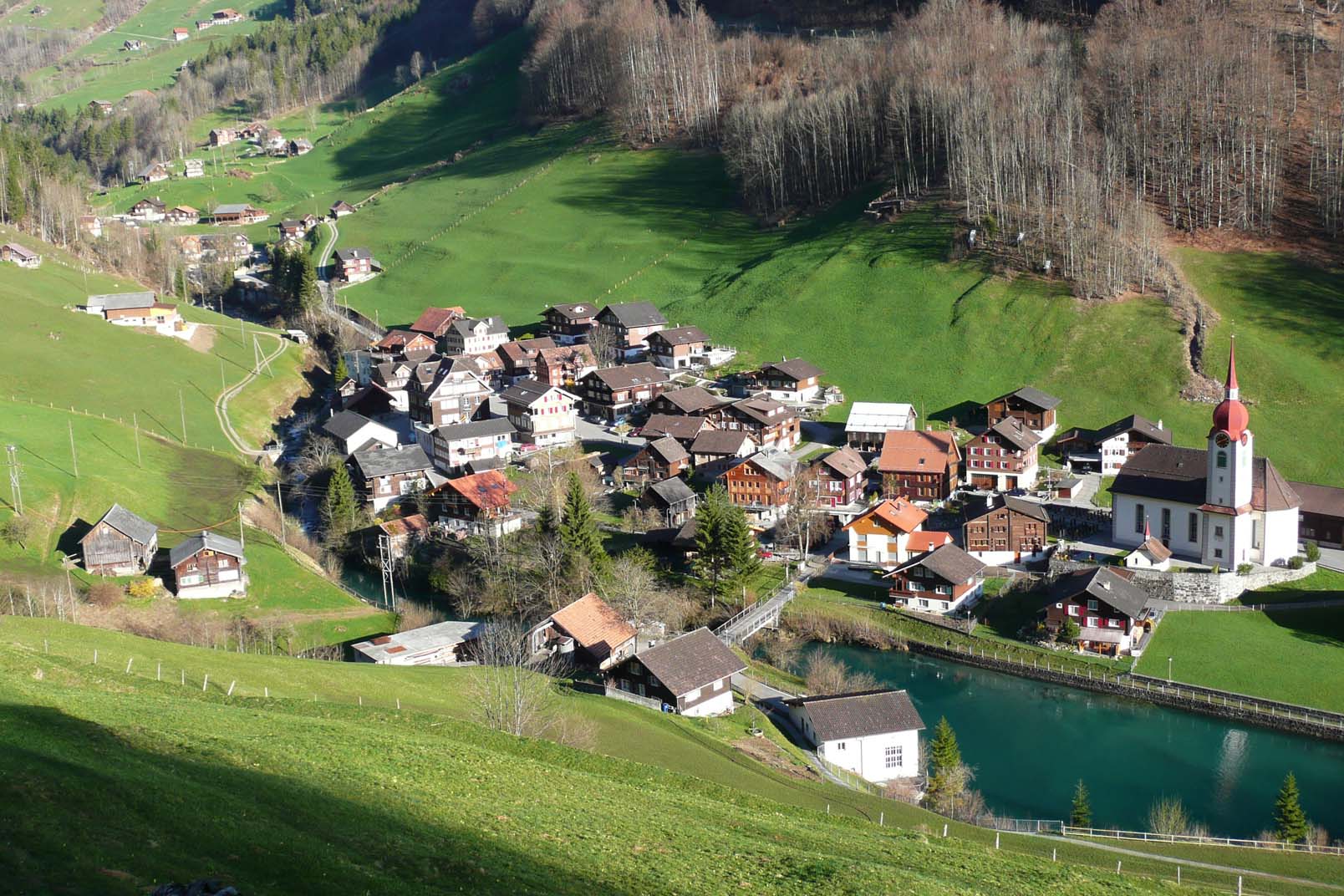Afghans jailed over canadian honour killings
Canadian news agencies were given copies of court documents that had been obtained through freedom of information requests. The documents, dated June 2015 and dated Dec. 2014 respectively, showed that more than 70 of the men were pros바카라사이트ecuted for crimes against humanity in connection with the mass killings at the Abyan camp and its surrounding villages.
The documents show that in both cases, police had previously reported that the accused were members of the Abyan ethnic minority and that the men were suspected of having been members of a group that has been linked to international terrorism.
The Canadians, all of whom are charged in absentia with violating their rights under Canadian human rights law, told Human Rights Watch that they did not plan to discuss the case, saying they did not have to keep the matter to themselves due to the limited information they had access to.
„I did not think it was proper to talk about this at that point in time, and then I saw the court documents and it put an end to my discussions,“ said Omar, who described the experience of being charged as one of the most uncomfortable moments of his life.
Abyan and Merechis camps: How it all started
Cases of violence against civilians in conflict zones are increasingly becoming a major concern in Canada, especially in countries where people in opposition political parti카지노 사이트es have frequently protested the Canadian government’s actions in the Middle East. According to one study conducted by Amnesty International, at least 1,200 civilians have died in Canada because of abuses by the Canadian armed forces and the Canadian military in the past 10 years. Canadian courts have ruled that Canadian military soldiers who abuse civilians should be punished with prison terms or prison sentences up to life.
The Abyan camp had been a temporary site for people from a nearby village whose houses were burned down in December 2012. The Abyan camp itself has an estimated 40,000 inhabitants, according to official accounts, and its residents were forced to live in makeshift tents.
„The camps were really horrific, there was no water, no electricity, no electricity for five days,“ Mohammed said. „I could barely watch television because all the lights went out. I lost my hearing.“
Abyan was once the world’s largest gathering place for religious activists and a haven for members of the apronxarmed forces who were active in the anti-government protests that swept North America and the Middle East in 2011. Abyan is also believed to be a key hub for foreign military bases, and, until recentl
